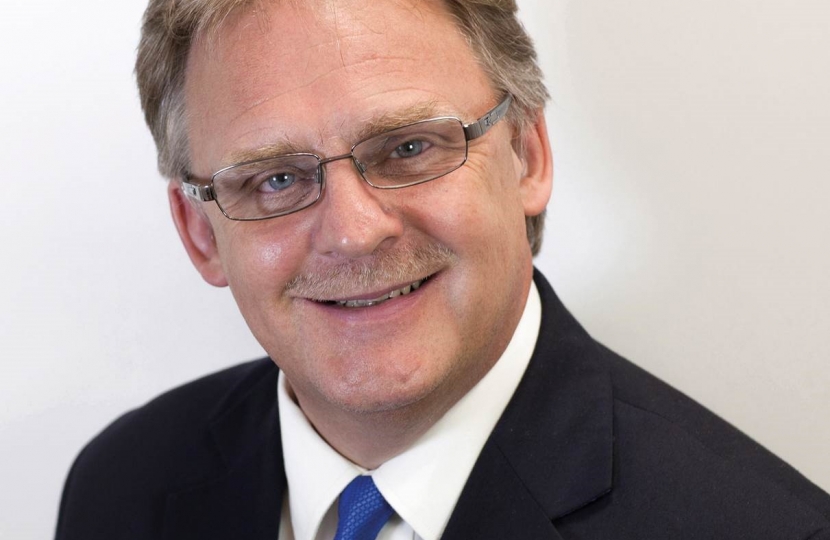
Speaking at today’s launch event for “Disability Research on Independent Living and Learning” DRILL’s ‘Safeguarding You, Safeguarding Me!’ Report, which explored safeguarding of people with a learning disability as part of a wider UK research project undertaken by Queens University Belfast, North Wales Assembly Member Mark Isherwood highlighted the problems people with a learning disability and their families currently face and said action is needed to give learning disabled people real voice, choice, control and independence
Mr Isherwood, who is Chair of the Assembly Cross Party Groups on Disability and on Autism, said that he hears almost daily from disabled people, communities and carers who are having to fight for the support and services they need to enable them to lead an independent life, “because highly paid people in power don’t want to share it and believe they know better”.
He said:
“The report shares ideas about how people with a learning disability can get their voices heard by people who make policies and recommends that people making policies should talk and listen to people with a learning disability.
“It states that people who make policies should involve people with a learning disability from the start, let people with a learning disability know what is going to happen with their views and ideas, and make information easy to read”.
He added:
“The Children’s Commissioner for Wales March 2018 report, ‘Don’t Hold Back”, looked at the experiences of young people with learning disabilities as they plan to move from child to adult services.
“It concluded that Parents are also lacking support, with many left to co-ordinate the services their children use themselves, without adequate help from public bodies.
“Under the Social Services and Wellbeing (Wales) Act, young people requiring care and support should be involved in designing the care they receive, and should have easy access to the right help and information.
“The Act also places a duty on services to work together to give people care that meets their individual needs, and puts in place a system where people are full partners in the design and operation of care and support.
“Additionally, The Well-Being of Future Generations (Wales) Act says that Public Bodies should work together to provide people with a flexible service that works for them, and must demonstrate the involvement of the people that services or activities are going to benefit or affect from as early a stage as possible.
“But the ‘Don’t Hold Back’ report found that families can find it difficult to access the support they need and that they are often left with little information about where to go for help.
“It also raises concerns about young people’s involvement in planning their own transition, where 53 out of 78 young people who were asked about their transition plans said they didn’t feel like they had played a part in deciding how their lives would look after turning 18.
“Parents were also worried that a lack of support now could lead to social isolation: 83% of parents surveyed said they were worried that their children might be socially isolated”
“Working together, we must therefore turn well-meaning legislation and plans into action to give learning disabled people real voice, choice, control and independence”.
